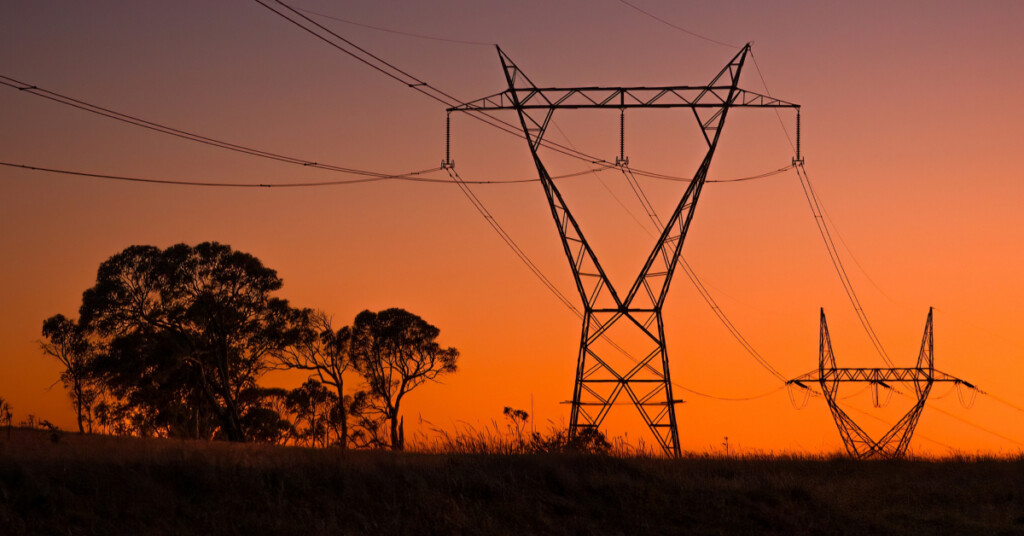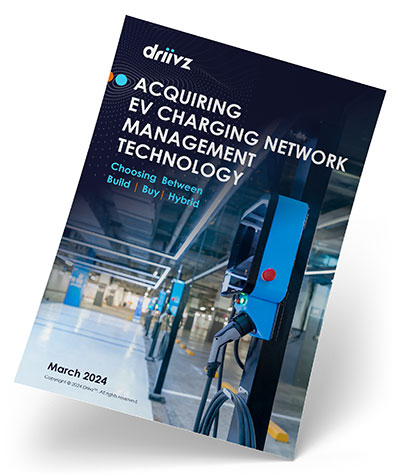What are Electric Vehicle Service Providers?
An Electric Vehicle Service Provider (EVSP) delivers end-to-end EV charging, handling both charging station operations and the driver experience. The EVSP oversees the IT technology systems – including the EV charging and energy management system – required for, managing, controlling, and optimizing the EV charging operations and experience.
EVSPs offer EV charging services to address multiple charging behaviors: on the road public charging, residential charging, workplace, fleet depots, and more.
What should Electric Vehicle Service Providers care about?
Since everything related to the EV charging experience is under the purview of the EVSP, they have everything on their plate – from charger and energy management and technical operations to call centers, EV billing operations and eRoaming. They manage the communications, databases, software, and hardware to enable optimized operations.
They care about network availability and stability, ensuring that the chargers are continuously up and running, 24/7. They need self-healing technologies to remotely fix issues and reduce the need for onsite repair as well as strengthen the driver experience – customers expect every charge point to work where and when they need it.
EVSP infrastructure must be scalable to keep up with the exponentially growing EV charging marketplace. EVSPs need to be able to manage a growing number of EV drivers on their network, as well as a growing number of chargers and transactions while keeping the highest level of service to their customers.
Smart energy management reduces the need for grid infrastructure investment and keeps energy costs down by monitoring, management, and adjustment of energy flow among charging stations, battery storage, renewable energy sources, and the grid itself.
Branded self-service tools give drivers access to all their EV charging activities in real time; allow them to plan their routes and reserve charge points. They can easily start charging, manage their accounts, payments, and report issues.
EVSPs manage not only their station operations but also connectivity to stations outside of their networks with eRoaming, allowing EV drivers to charge anywhere but be billed from their “home” eMobility service provider.
Compliance with industry standards and protocols such as OCPP, OCPP 2.0.1, openADR 2.0 and ISO 15118 smooths operations by streamlining communications among EV industry players.
An EVSP typically serves multiple clients, so their EV billing infrastructure must support multiple business models. They need to have pre- and post-paid; easy tariff and tax adjustments; manage roaming reconciliation, including support of multiple currencies; and work across borders – meeting local, regional, and international regulatory requirements.

How can EVSPs optimize their business?
EVSPs need to have a 360o real-time view of charging sites and the driver experience to optimize their businesses.
To maximize operations, EVSPs need to ensure their hardware is fully operational, with systems in place to discover and fix issues before their customers – and their administrators – discover the issues. The hardware needs to be automatically provisioned to ensure that it is up and running as quickly as possible. The entire system needs to be EVSE-neutral so EVSPs can install the latest chargers without affecting operations.
Power demands must be efficiently managed to prevent electricity grid strain and peak demand costs – or even fines. With smart energy management, they can keep costs down and avoid costly investments in energy infrastructure. Solar power can be charging the onsite batteries during daylight hours, making the energy available during peak charging times.
An EVSP servicing a corporate EV fleet charging depots, residential buildings, commercial and industrial buildings, or public parking lots can implement V2G capabilities, allowing energy to be transferred back to the grid when vehicles aren’t in use, further optimizing energy costs.
Monetizing their networks requires a completely flexible EV billing system, streamlining processes and ensuring error-free, efficient billing. Ideally, the EV billing system analyzes customer behavior to drive creation of new strategies and offerings.
Furthermore, EV drivers’ self-service tools strengthen the customer experience and reduces operating costs.
With smart energy management, EV driver self-service, flexible EV billing, and overall operational efficiency, EVSPs will be able to increase revenue while reducing TCO.



